If you notice a sour smell coming from under your kitchen sink, the first thing you should do is clean the sink drain. Over time, food particles and other debris can build up in the drain and cause unpleasant odors. To clean the drain, remove any visible debris and then pour a mixture of hot water and dish soap down the drain. You can also use a drain brush to scrub the inside of the drain and remove any buildup.1. Clean the Sink Drain
Another potential cause of a sour smell under your kitchen sink is a leak. Check the pipes and connections under the sink for any signs of leaking water. If you do find a leak, it's important to fix it as soon as possible to prevent further damage and potential mold growth. You can use plumber's tape or a leak sealant to temporarily fix the leak, but it's best to call a professional plumber for a more permanent solution.2. Check for Leaks
Baking soda and vinegar are natural cleaning agents that can help get rid of sour smells under your kitchen sink. Simply mix equal parts baking soda and white vinegar and pour it down the drain. The mixture will fizz and help break down any buildup in the drain. Let it sit for a few minutes before flushing with hot water. This method is safe for both metal and plastic pipes.3. Use Baking Soda and Vinegar
If the baking soda and vinegar method doesn't work, you can try using a commercial drain cleaner. Look for a product that is specifically designed for kitchen sinks and follow the instructions on the label. These cleaners are usually more powerful than homemade solutions and can help break down tough clogs and eliminate odors.4. Try a Commercial Drain Cleaner
If you want to avoid using harsh chemicals, you can use lemon or orange peels to freshen up your kitchen sink. Simply place a few peels in the drain and run hot water over them. The citrus oils in the peels will help break down grease and eliminate odors. You can also grind the peels in the garbage disposal to help clean and deodorize it.5. Use Lemon or Orange Peels
If your kitchen sink has a garbage disposal, it's important to check it regularly for any buildup or clogs. To clean the disposal, turn it off and unplug it, then use tongs or pliers to remove any visible debris. You can also pour a mixture of hot water and dish soap down the disposal and run it for a few minutes to help clean and deodorize it.6. Check the Garbage Disposal
If you suspect that the source of the sour smell is a clogged drain, you can use a plunger to try and clear it. Make sure to cover the overflow drain with a wet cloth before using the plunger, and then plunge up and down vigorously for a few minutes. This can help break up any clogs and allow the water to flow freely again.7. Use a Plunger
The P-trap, the curved pipe under your sink, is designed to trap debris and prevent it from entering your pipes. However, over time, this trap can become clogged with buildup and cause unpleasant smells. To clean the P-trap, place a bucket underneath it and unscrew the connections. Remove any debris and then reattach the trap.8. Check the P-Trap
If other methods haven't worked, you may need to use a drain snake to remove any stubborn clogs in your kitchen sink. Insert the snake into the drain and turn the handle clockwise to help break up the clog. Once the clog has been removed, run hot water down the drain to flush out any remaining debris.9. Use a Drain Snake
If you've tried all of these methods and the sour smell under your kitchen sink persists, it may be time to call in a professional plumber. They will be able to assess the situation and identify any underlying issues that may be causing the smell. They can also provide more effective solutions for eliminating the odor and keeping your kitchen sink smelling fresh. Don't let a sour smell under your kitchen sink ruin your cooking or cleaning experience. With these 10 tips, you can effectively get rid of unpleasant odors and keep your kitchen smelling fresh and clean. Remember to regularly clean and maintain your sink and pipes to prevent future odors and keep your kitchen in top shape.10. Call a Professional Plumber
The Importance of Proper Drainage in House Design
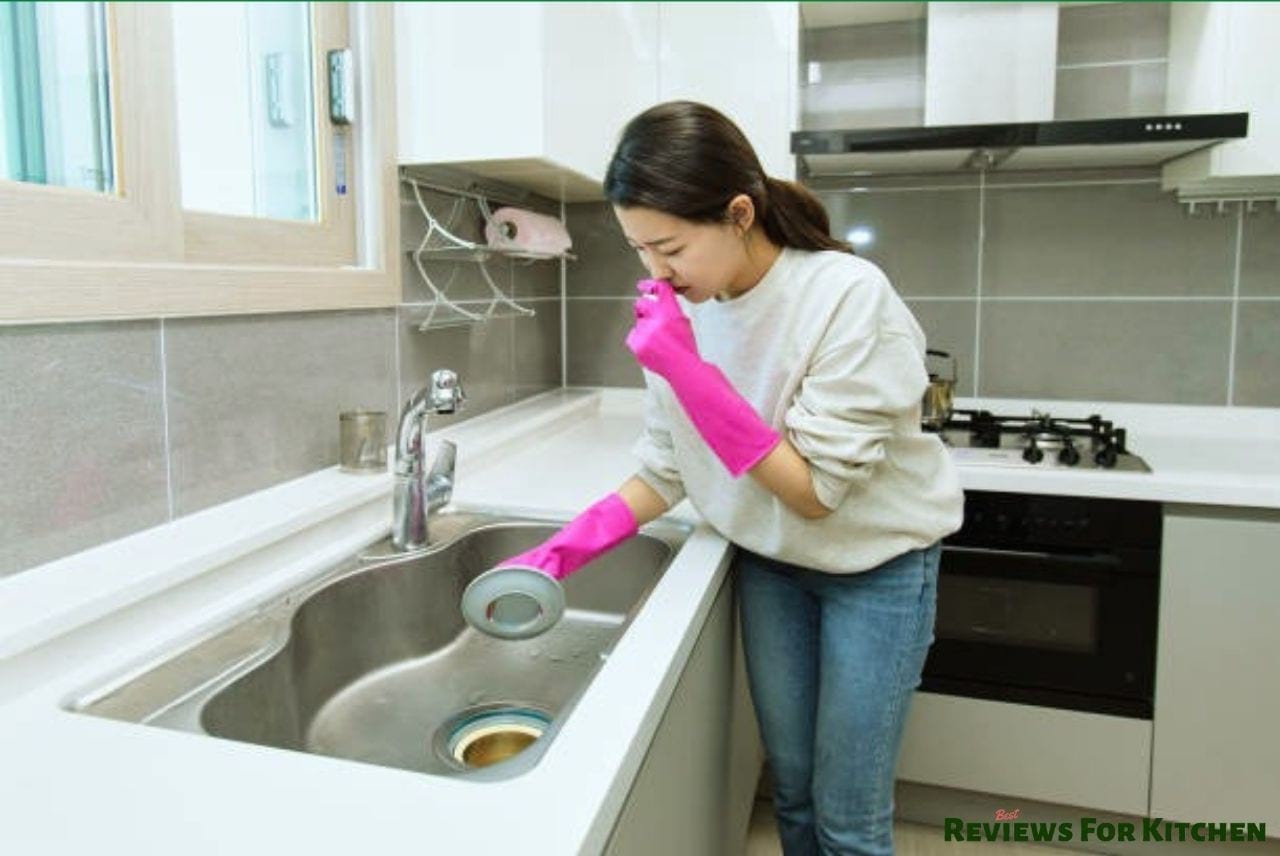
Preventing Unpleasant Odors and Mold Growth
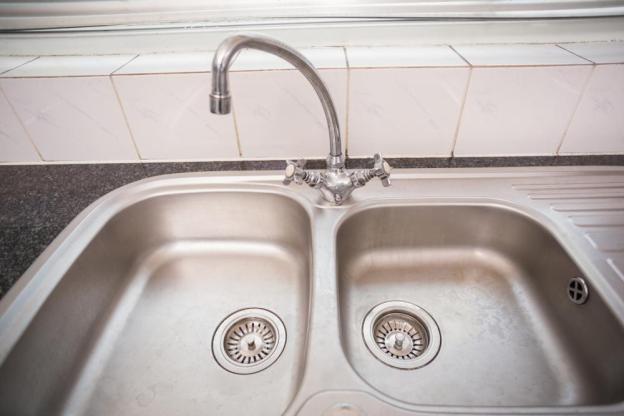 When it comes to designing a house, many people focus on the aesthetic aspects such as choosing the perfect paint colors or selecting the right furniture. However, one crucial aspect that often gets overlooked is proper drainage. A
sour smell under the kitchen sink
is a common issue that homeowners face, and it can be a sign of inadequate drainage in the house.
A well-designed drainage system is essential for keeping a house free from unwanted odors and preventing mold growth. The kitchen sink is a prime spot for these problems to occur as it is constantly used for various tasks such as washing dishes and disposing of food scraps. Over time, food particles, grease, and other debris can accumulate in the pipes, leading to clogs and
unpleasant odors
. If left untreated, this can also attract pests and bacteria, causing health hazards.
To avoid these issues, it is crucial to have a proper drainage system in place. This includes installing a garbage disposal unit, using a drain strainer to catch food particles, and regularly cleaning the pipes with natural solutions like baking soda and vinegar. It is also essential to have adequate ventilation in the kitchen to prevent moisture buildup, which can lead to mold growth.
Additionally, proper drainage is not limited to the kitchen sink. The entire house should have a well-designed drainage system to prevent standing water and excess moisture, which can lead to mold growth and structural damage. This includes having gutters and downspouts to direct rainwater away from the foundation, grading the yard to prevent water from pooling, and ensuring that all plumbing fixtures are properly installed and maintained.
In conclusion, proper drainage is a crucial aspect of house design that should not be overlooked. It not only prevents
sour smells
and mold growth, but it also protects the structural integrity of the house. Therefore, homeowners should prioritize proper drainage when designing or renovating their homes to ensure a healthy and pleasant living environment.
When it comes to designing a house, many people focus on the aesthetic aspects such as choosing the perfect paint colors or selecting the right furniture. However, one crucial aspect that often gets overlooked is proper drainage. A
sour smell under the kitchen sink
is a common issue that homeowners face, and it can be a sign of inadequate drainage in the house.
A well-designed drainage system is essential for keeping a house free from unwanted odors and preventing mold growth. The kitchen sink is a prime spot for these problems to occur as it is constantly used for various tasks such as washing dishes and disposing of food scraps. Over time, food particles, grease, and other debris can accumulate in the pipes, leading to clogs and
unpleasant odors
. If left untreated, this can also attract pests and bacteria, causing health hazards.
To avoid these issues, it is crucial to have a proper drainage system in place. This includes installing a garbage disposal unit, using a drain strainer to catch food particles, and regularly cleaning the pipes with natural solutions like baking soda and vinegar. It is also essential to have adequate ventilation in the kitchen to prevent moisture buildup, which can lead to mold growth.
Additionally, proper drainage is not limited to the kitchen sink. The entire house should have a well-designed drainage system to prevent standing water and excess moisture, which can lead to mold growth and structural damage. This includes having gutters and downspouts to direct rainwater away from the foundation, grading the yard to prevent water from pooling, and ensuring that all plumbing fixtures are properly installed and maintained.
In conclusion, proper drainage is a crucial aspect of house design that should not be overlooked. It not only prevents
sour smells
and mold growth, but it also protects the structural integrity of the house. Therefore, homeowners should prioritize proper drainage when designing or renovating their homes to ensure a healthy and pleasant living environment.


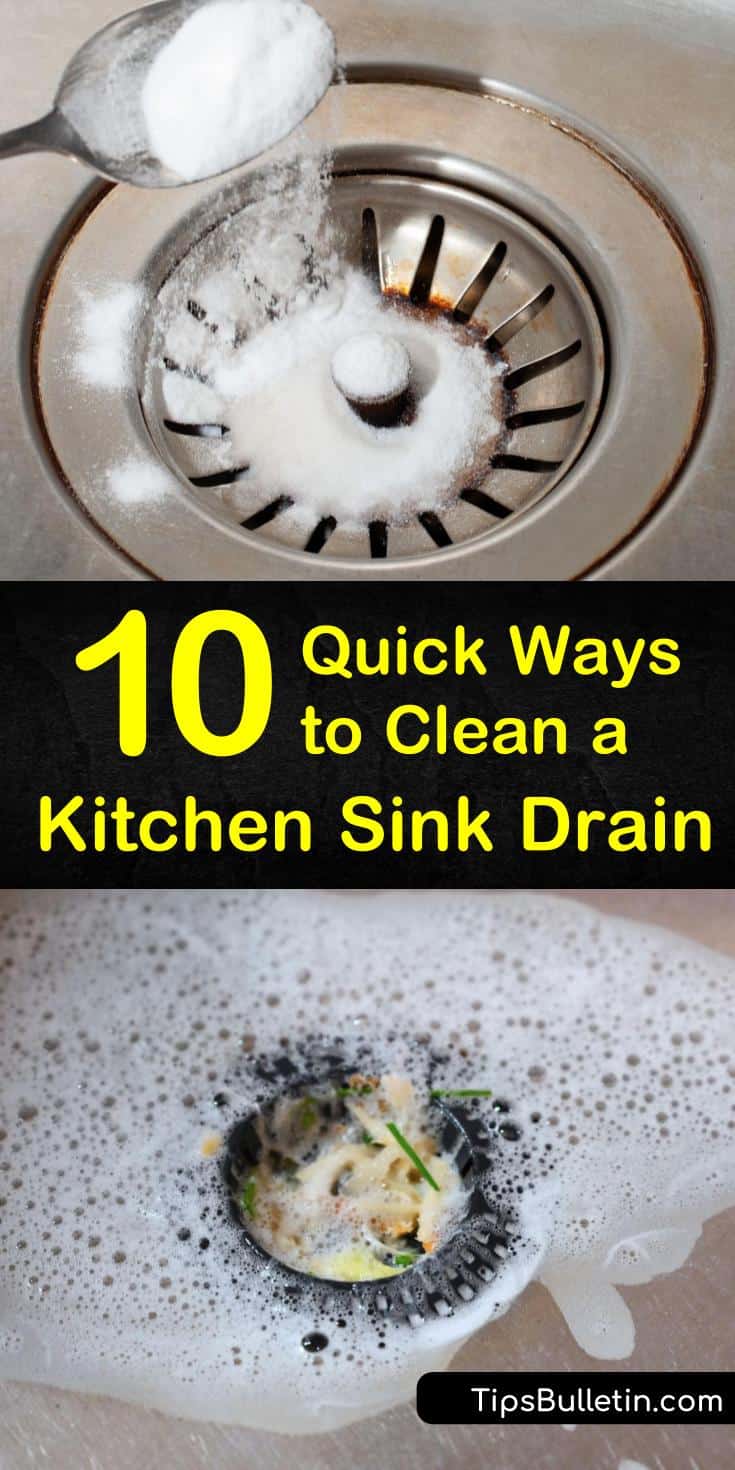




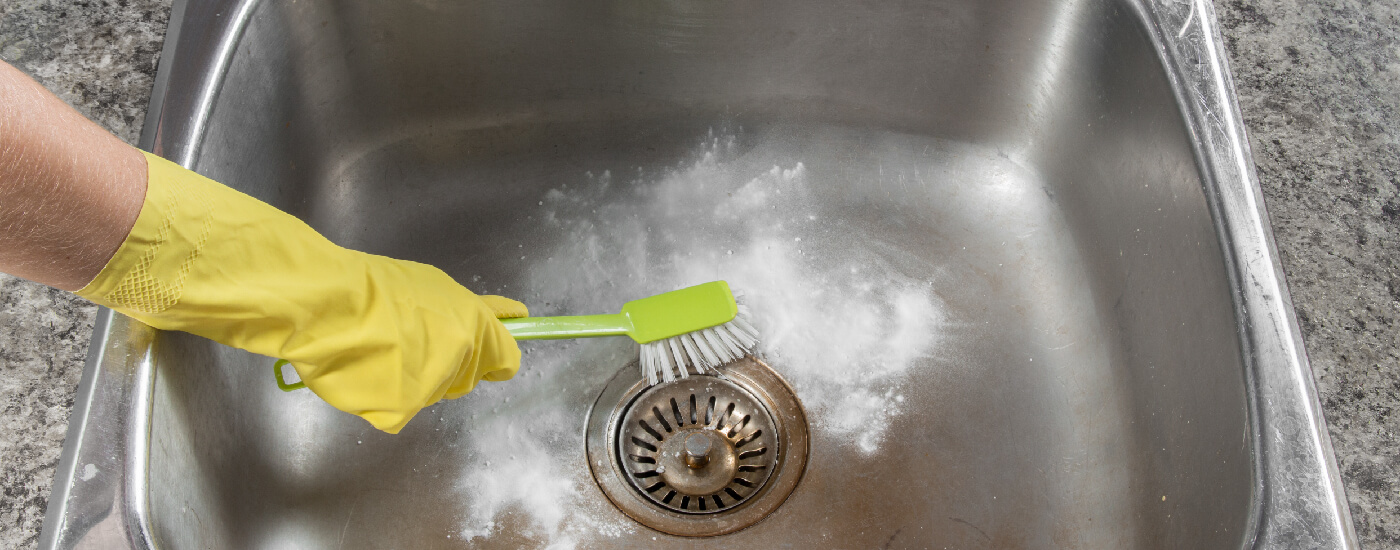


:strip_icc()/how-to-clean-a-bathroom-sink-drain-01-c728294c8bee42428afdf3e69f449279.jpg)

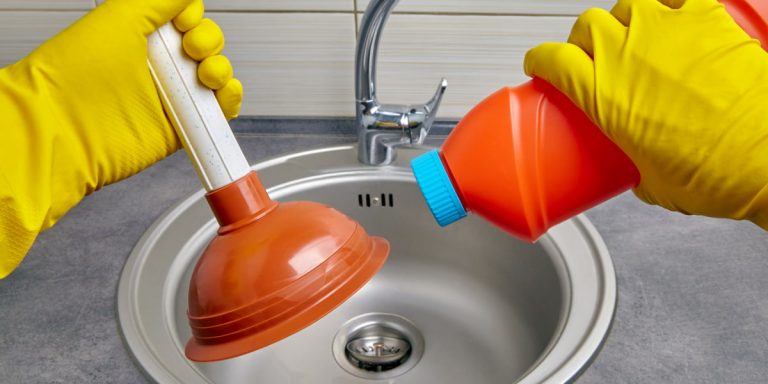






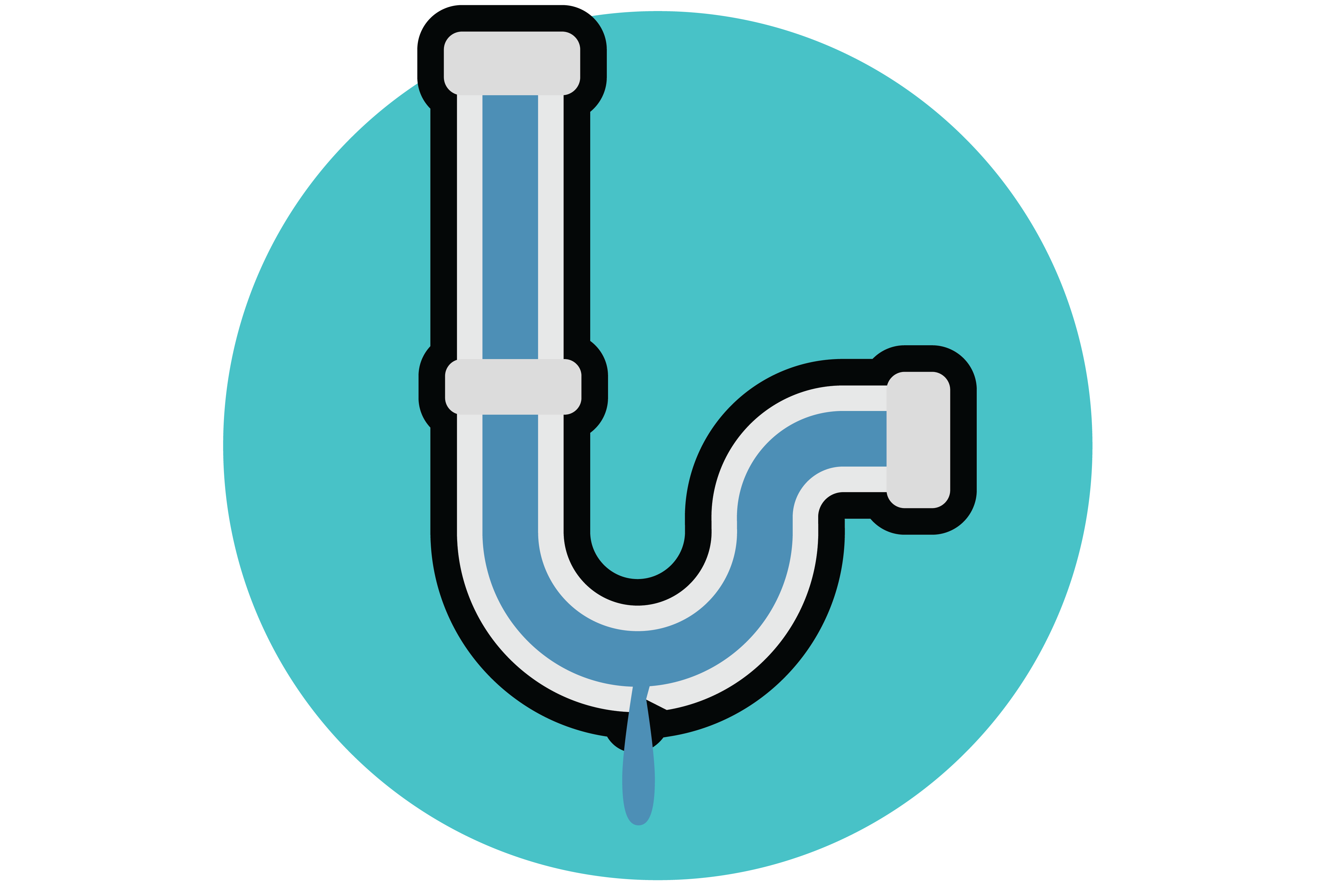









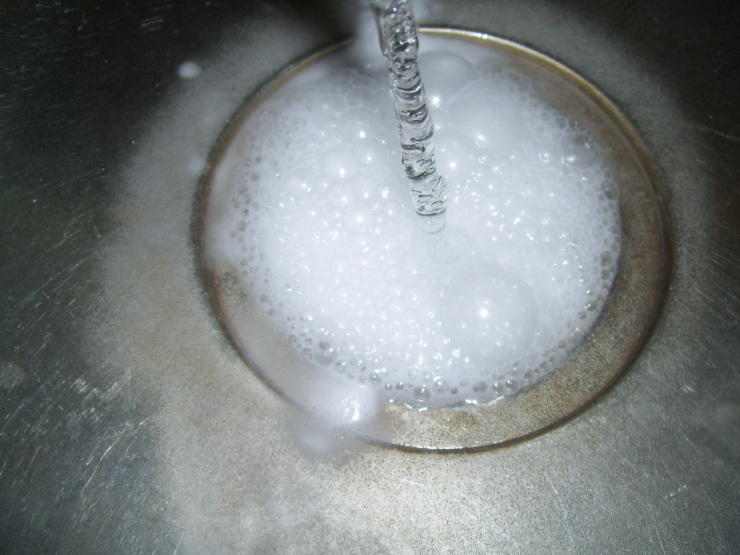
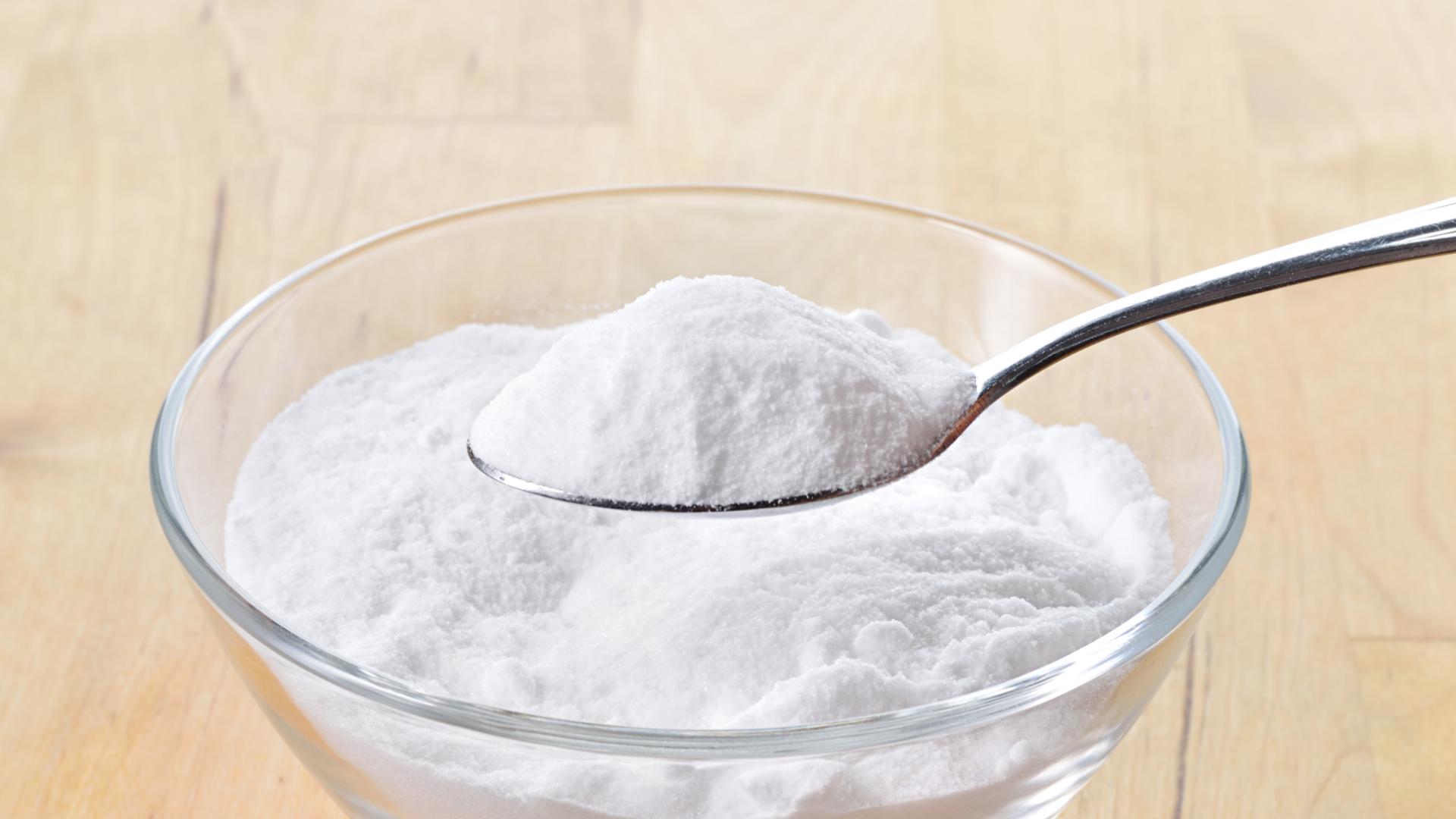


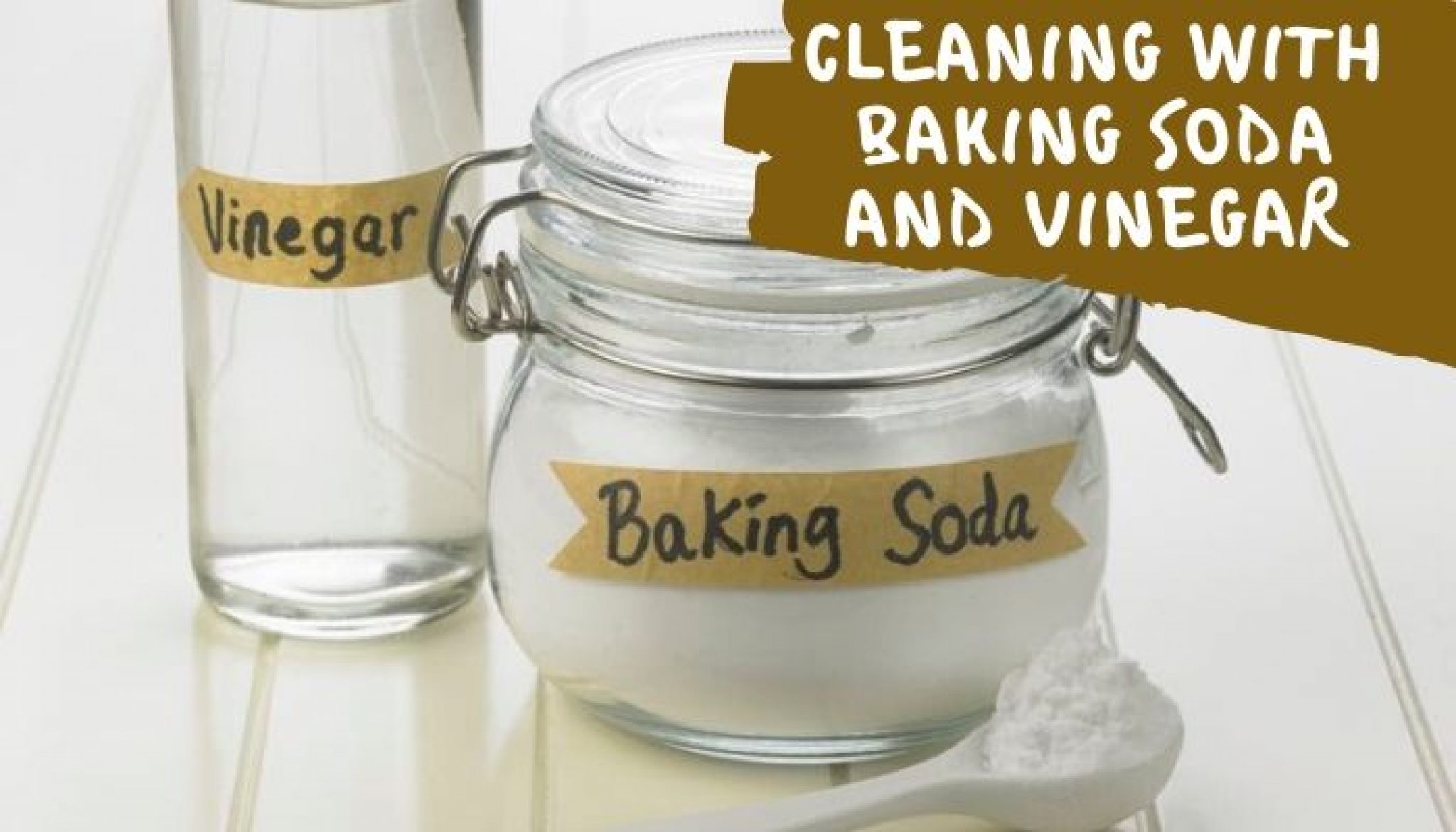


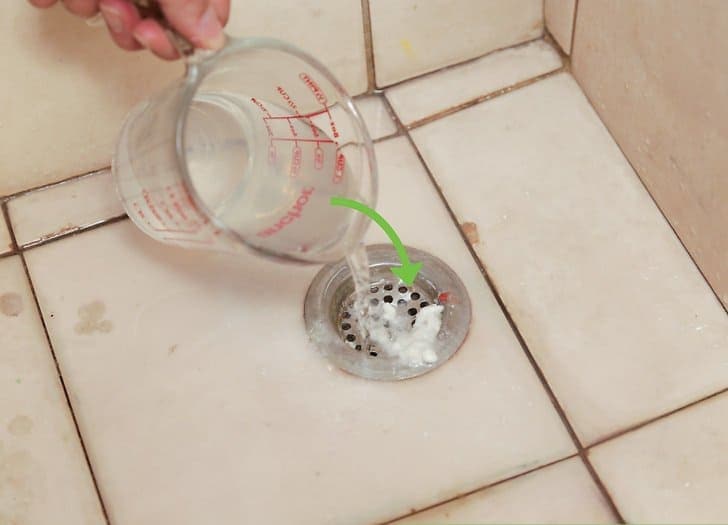

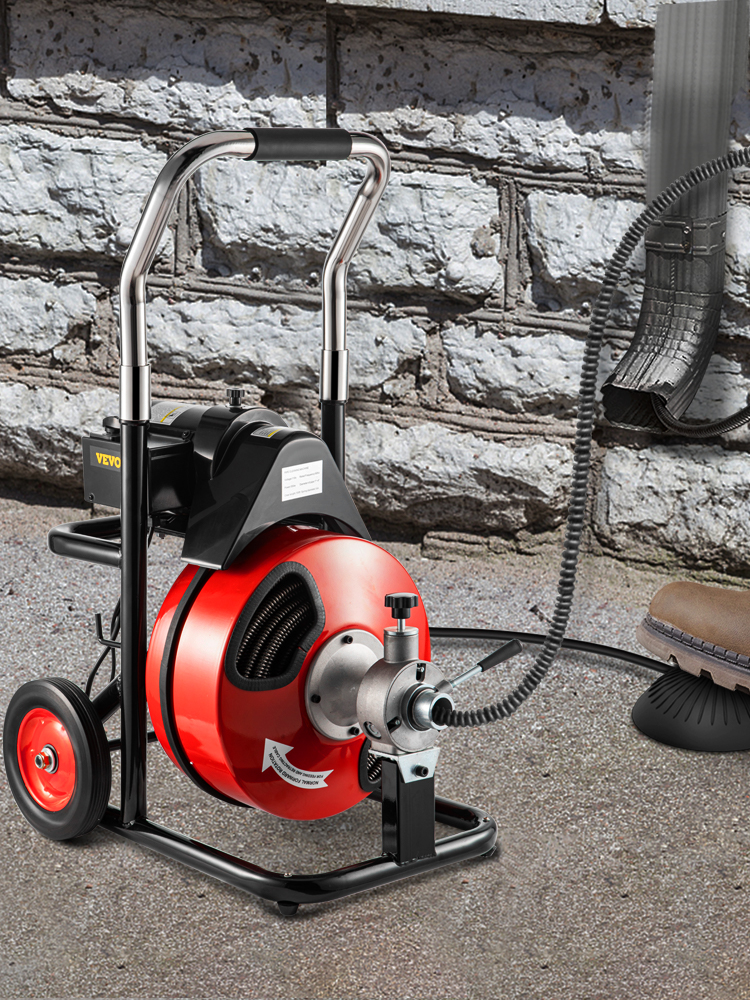
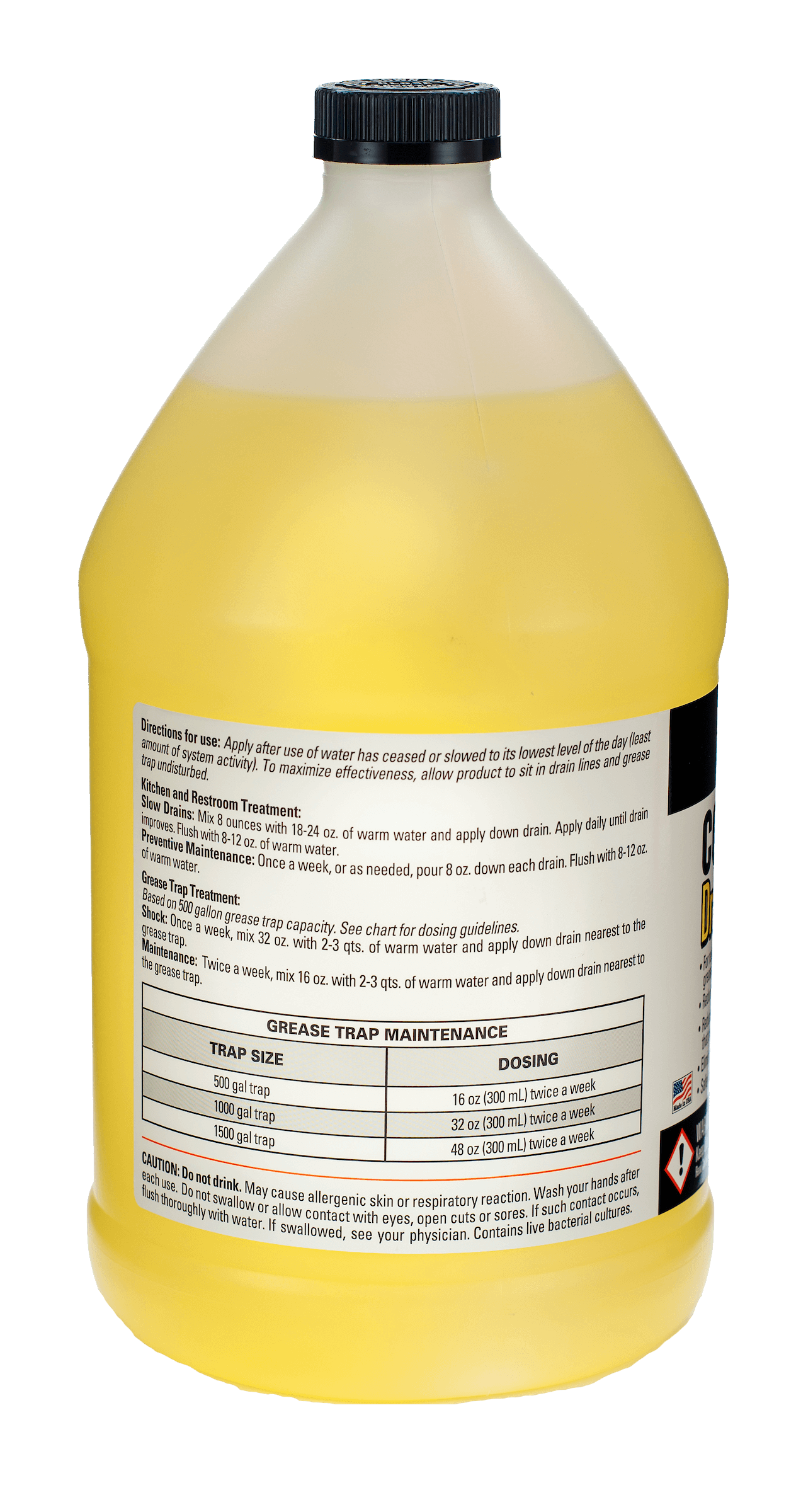


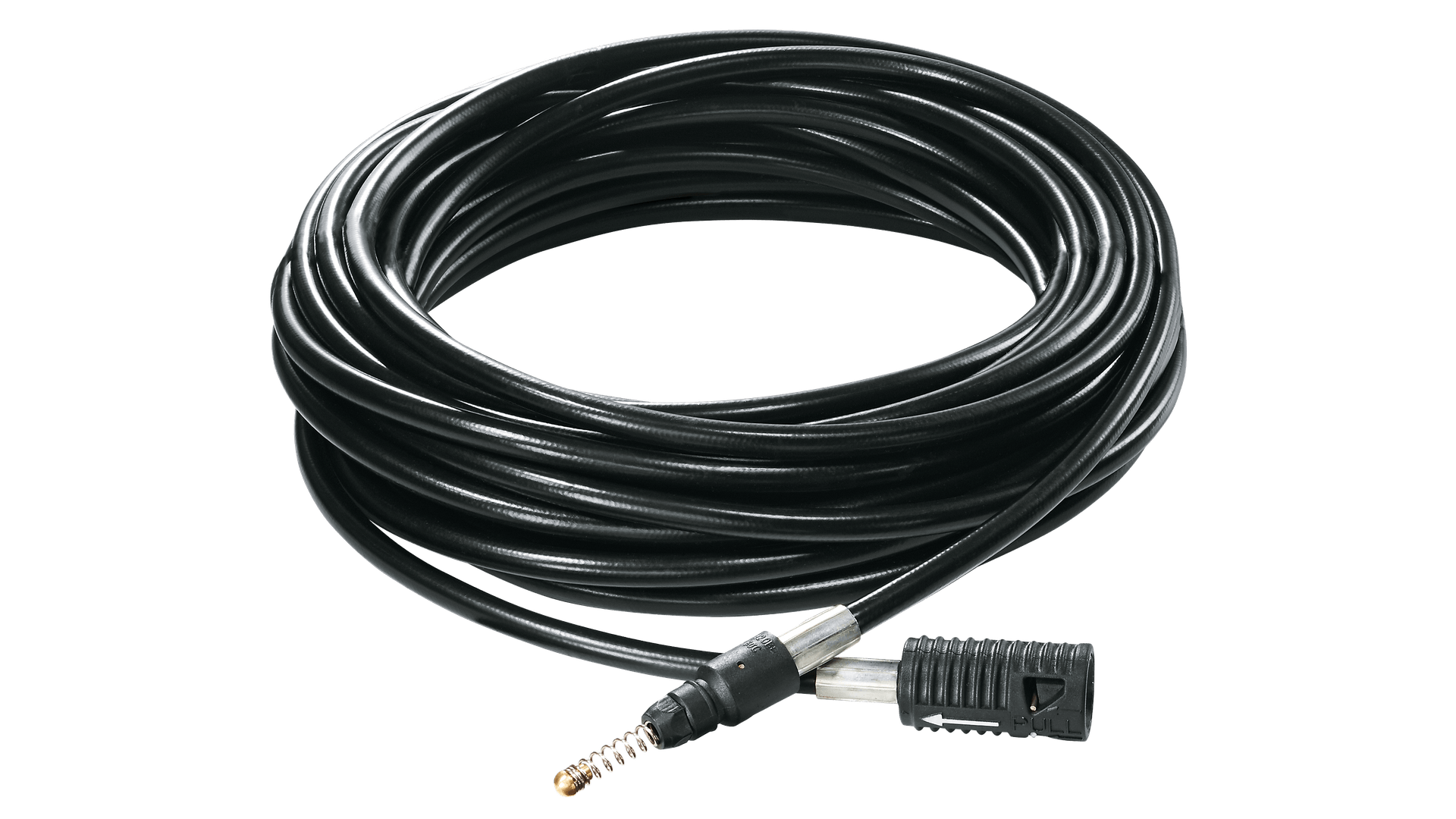

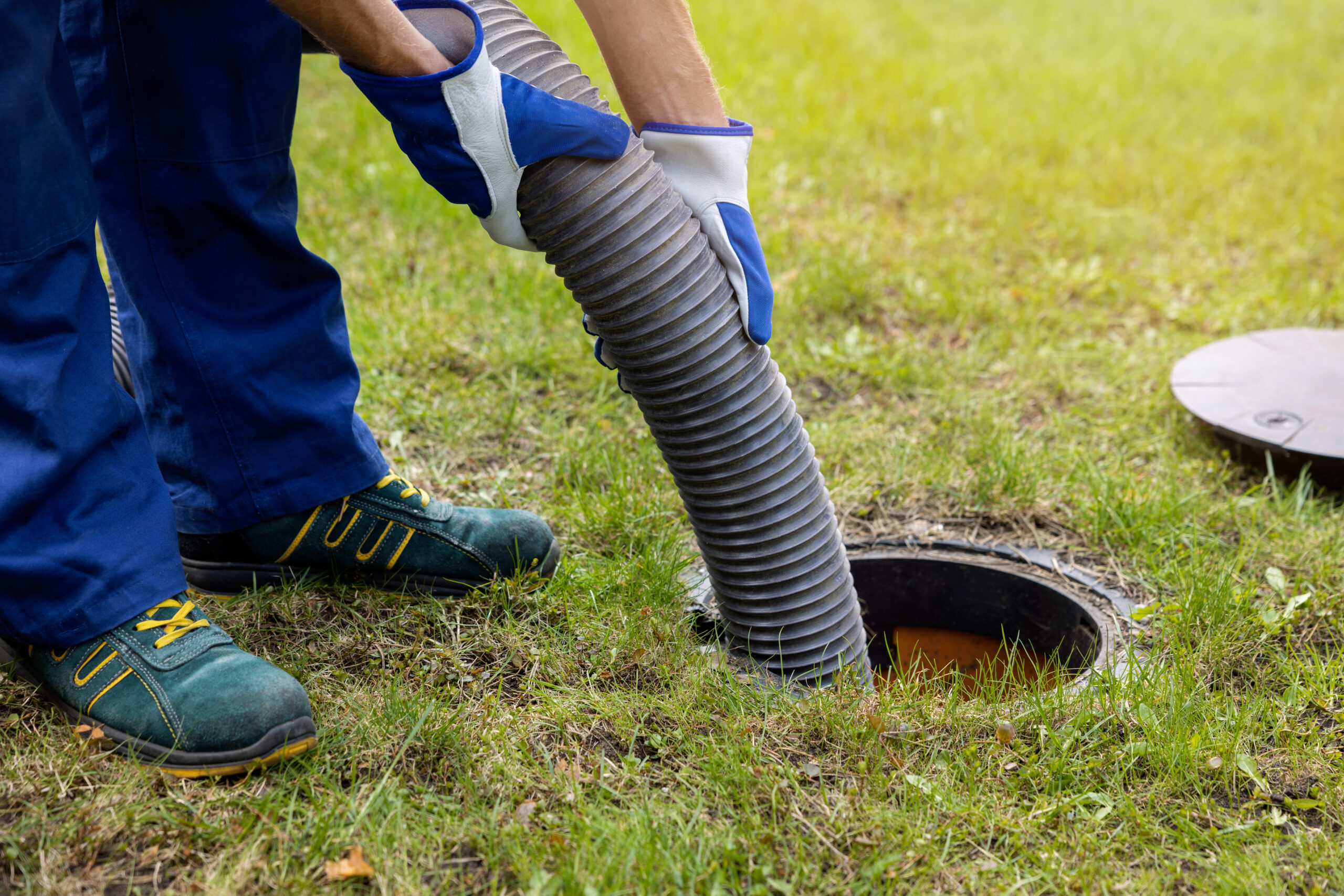

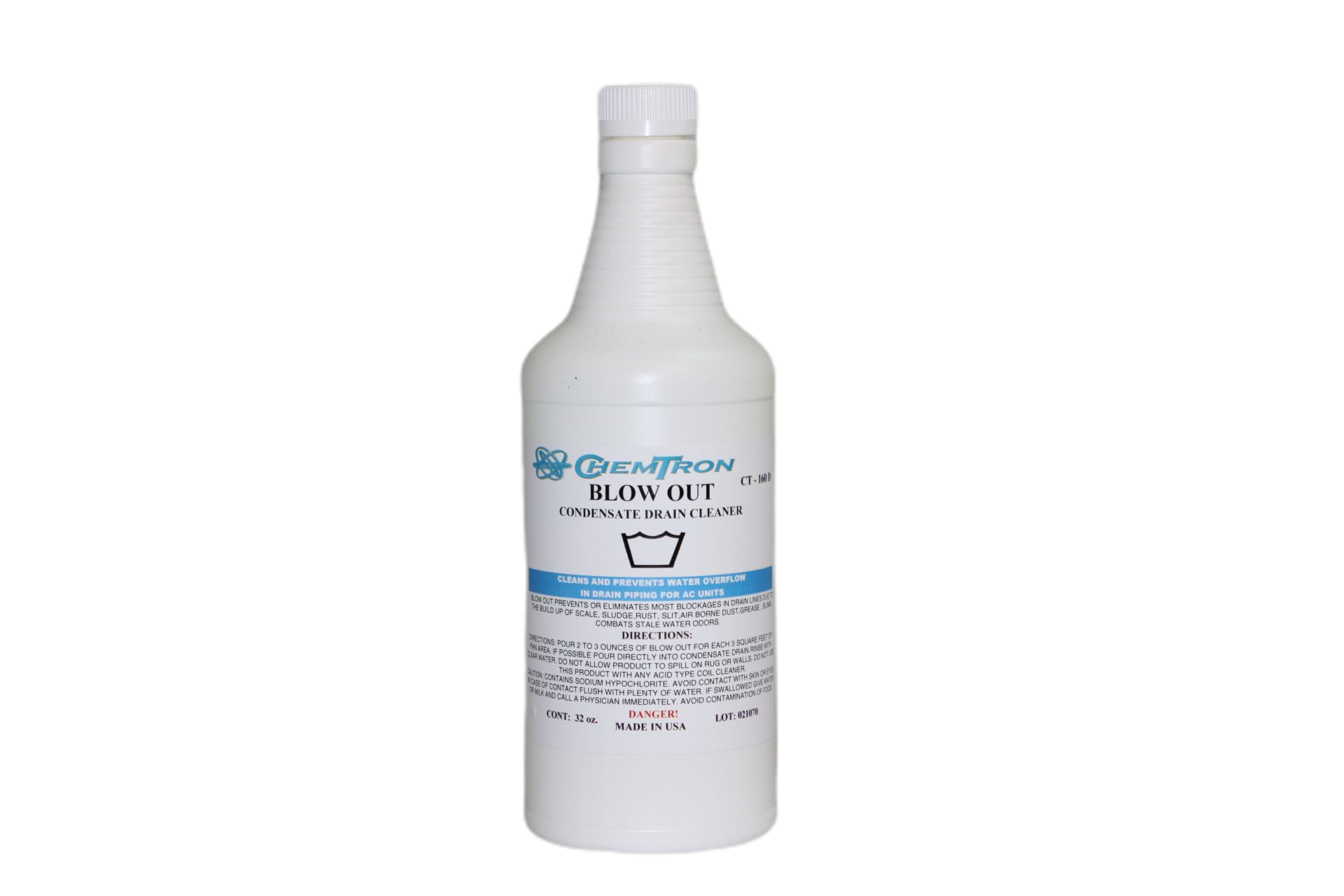

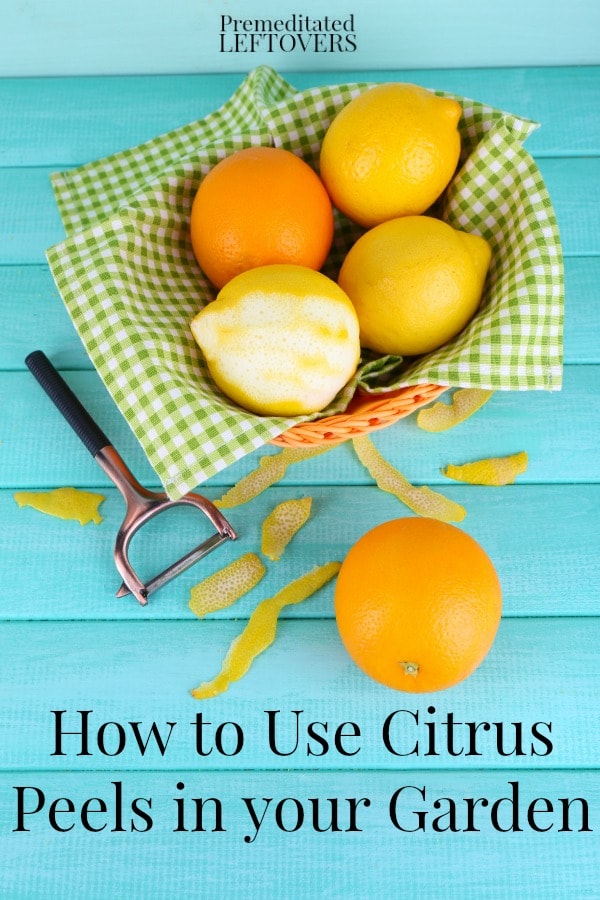


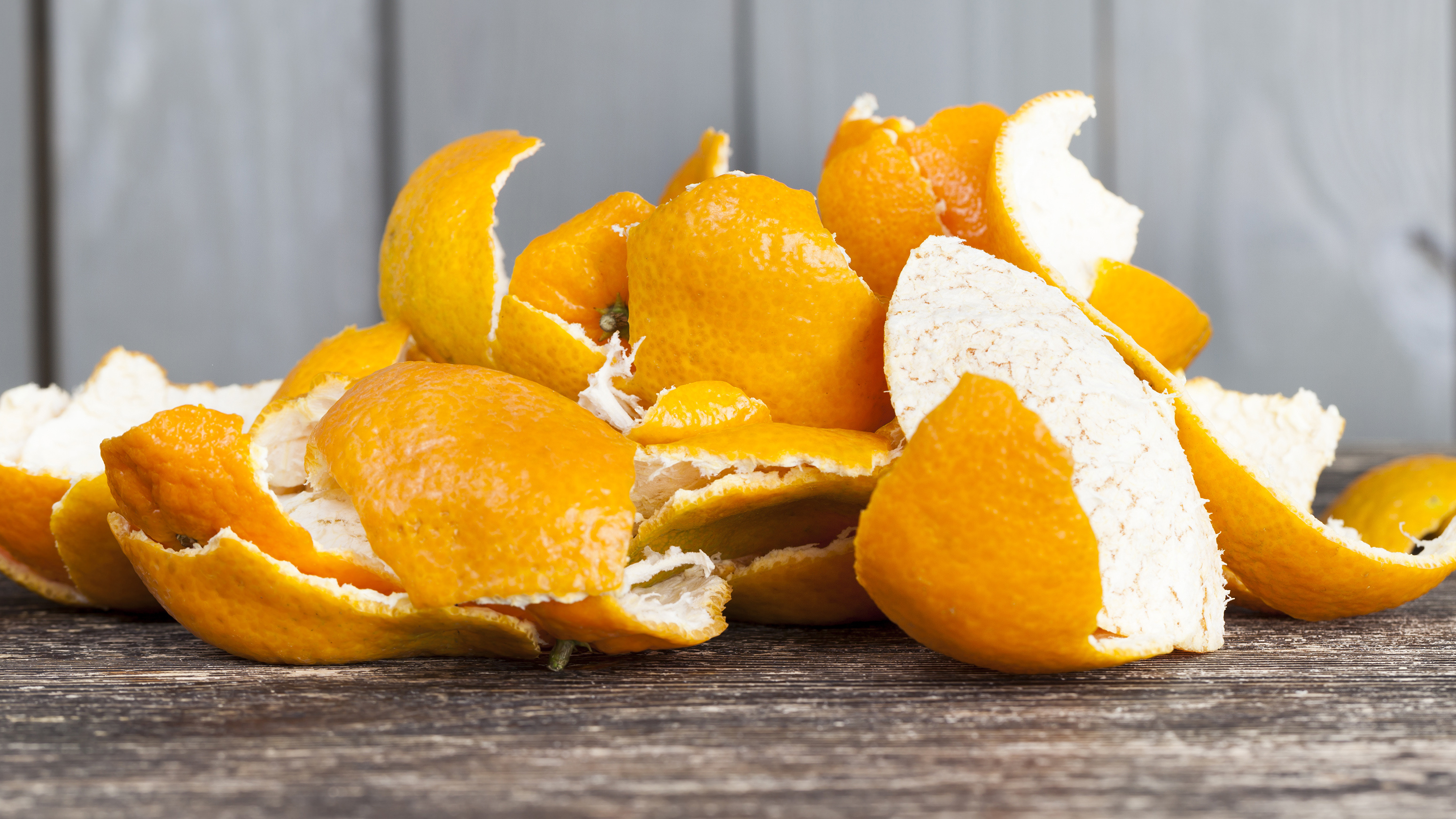
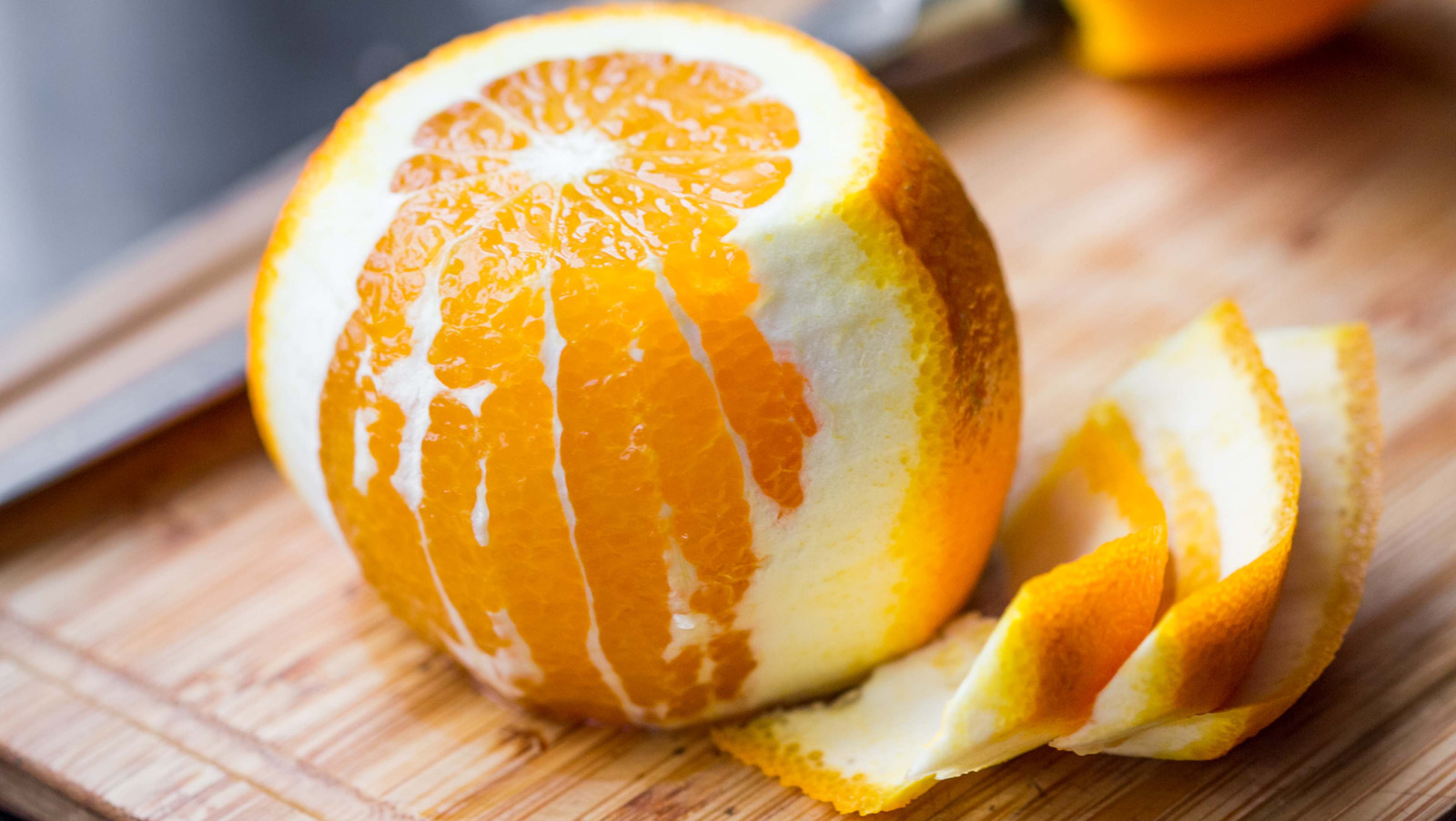



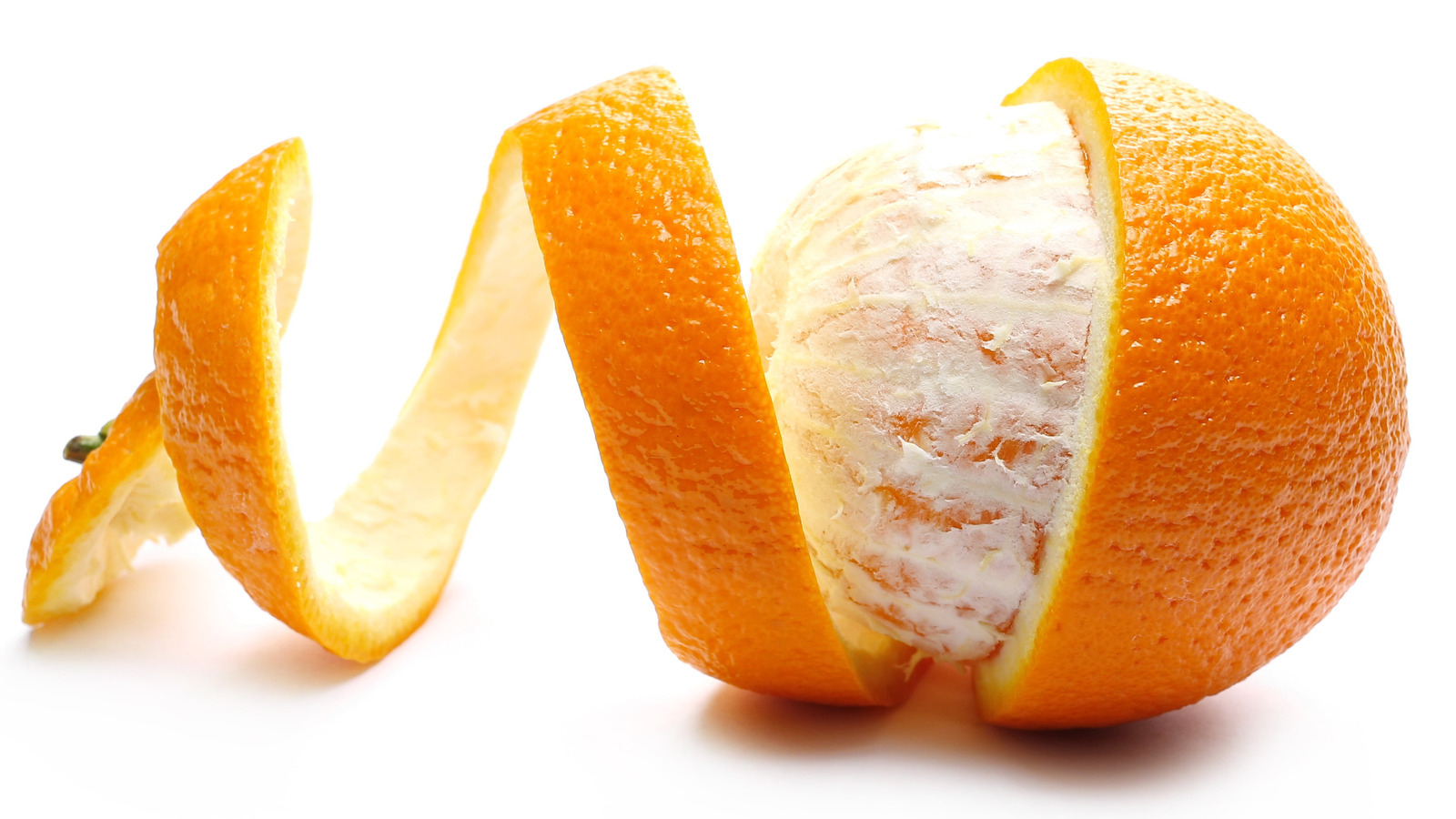


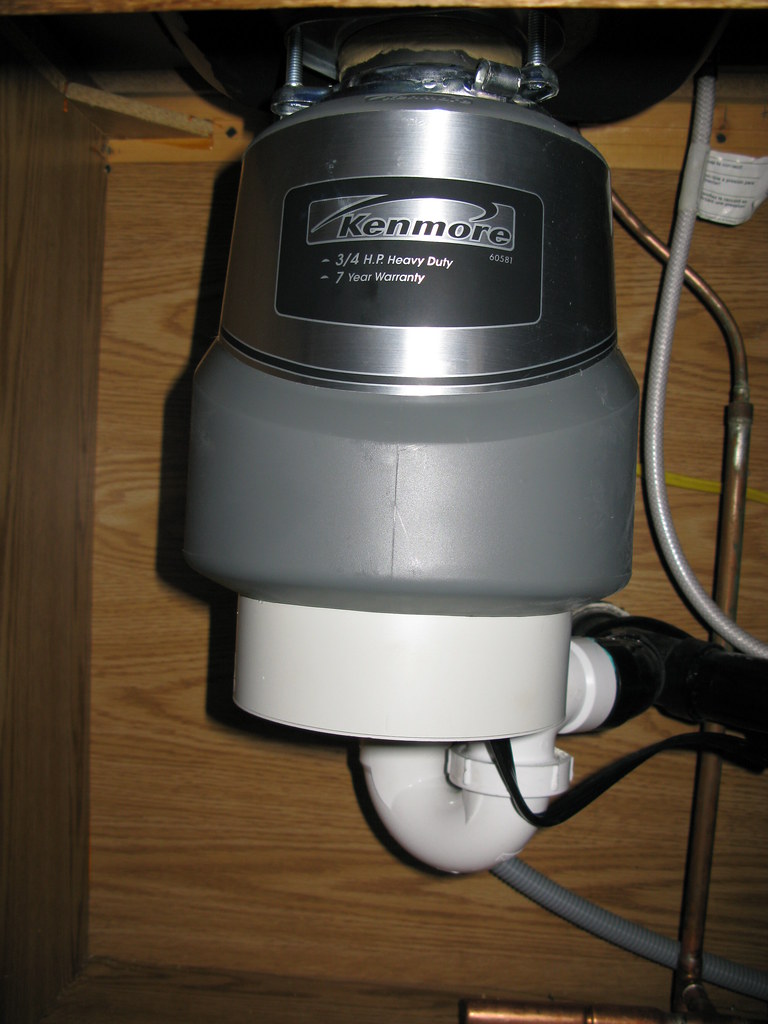

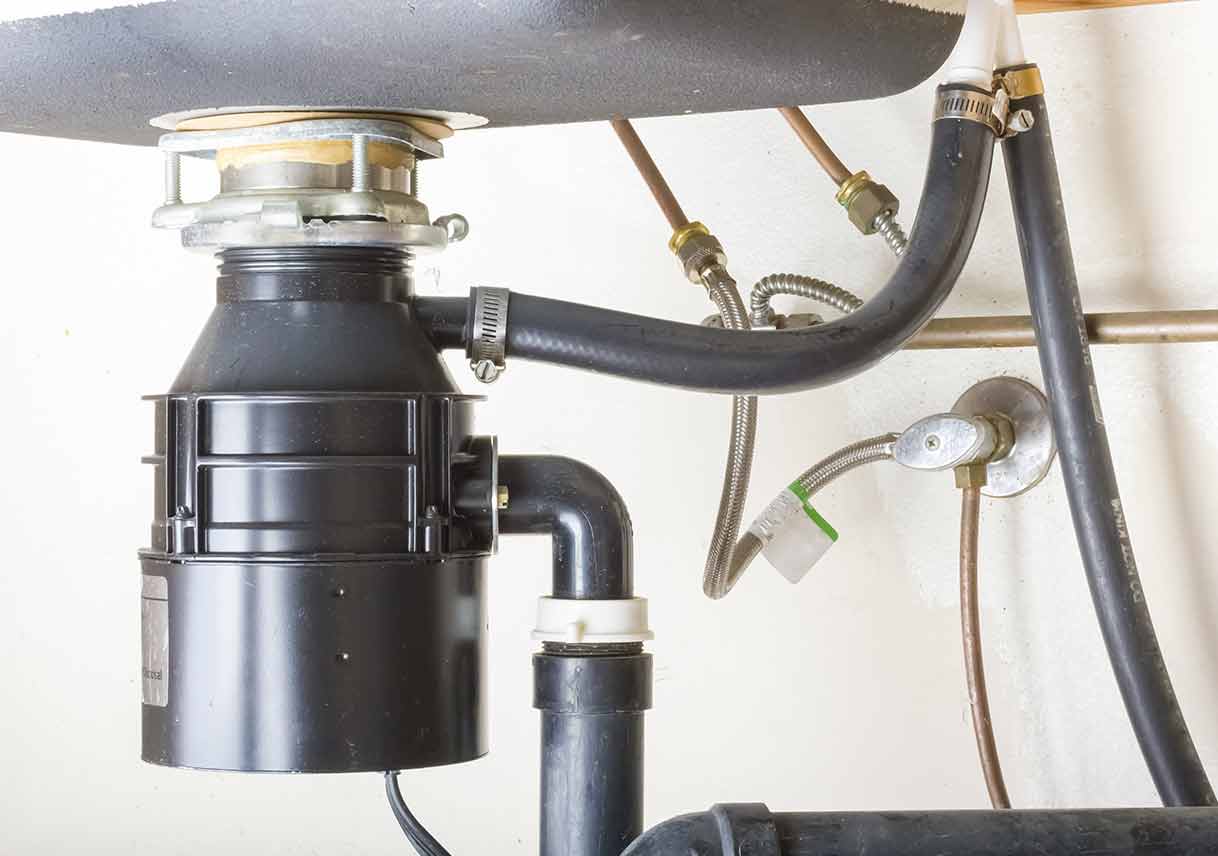
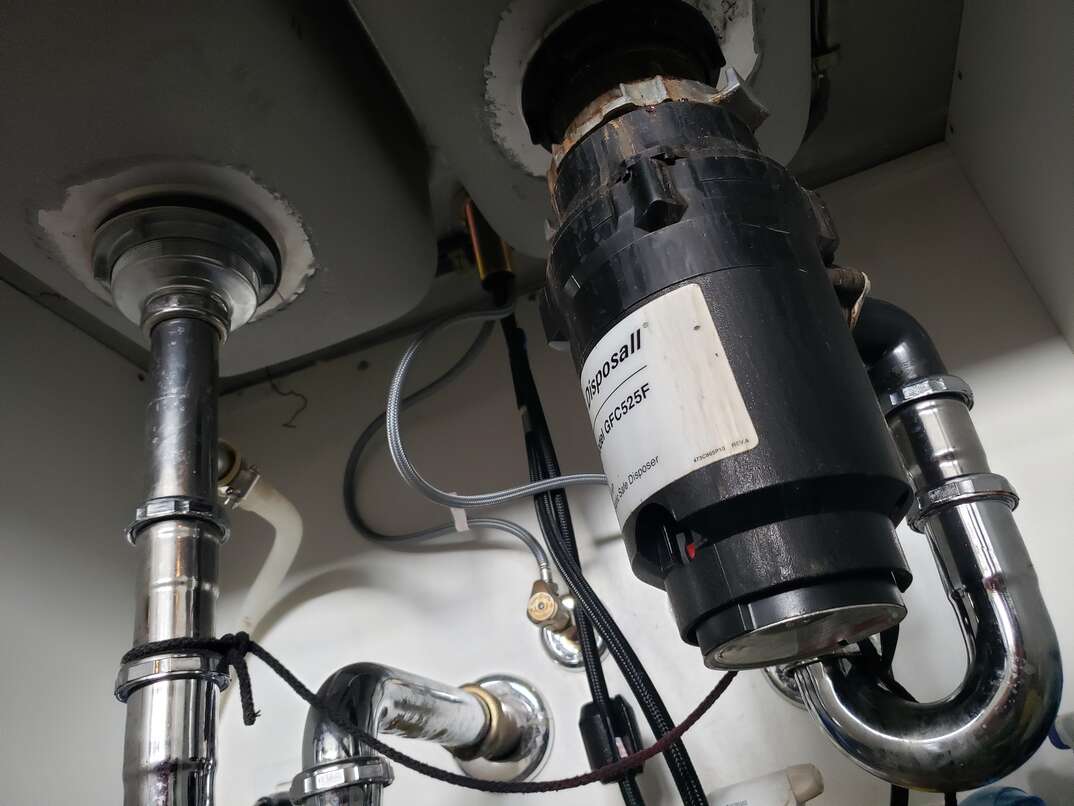
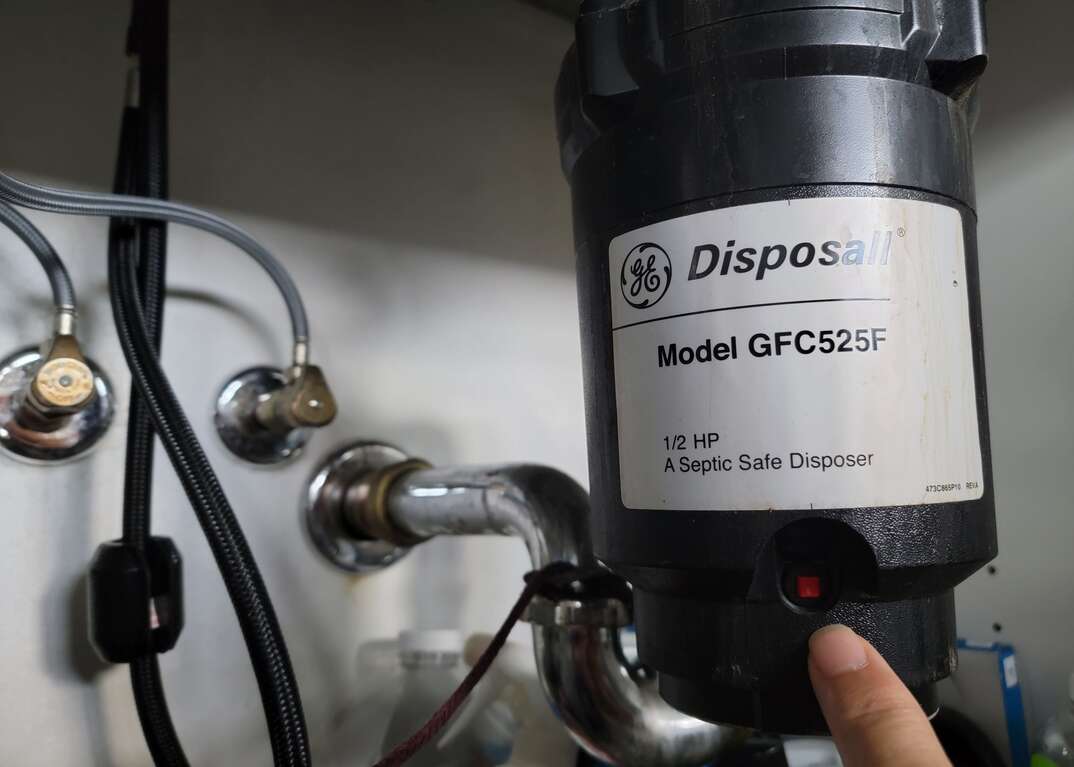





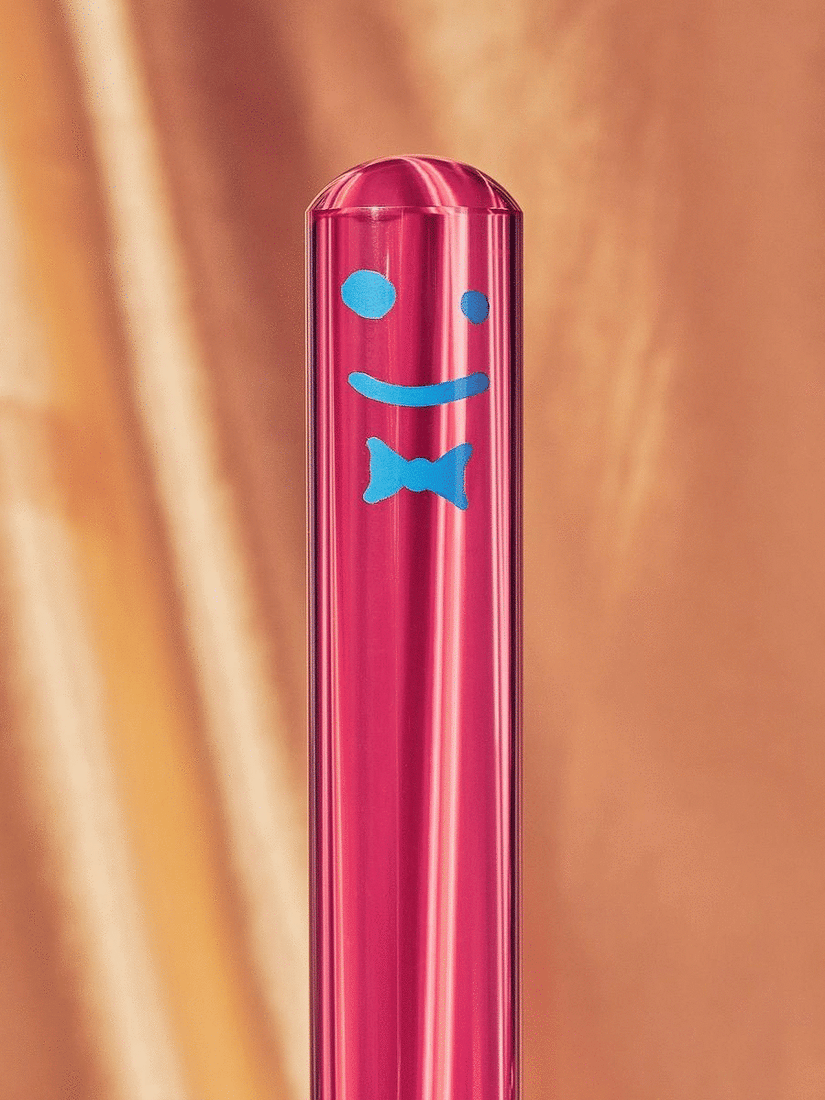
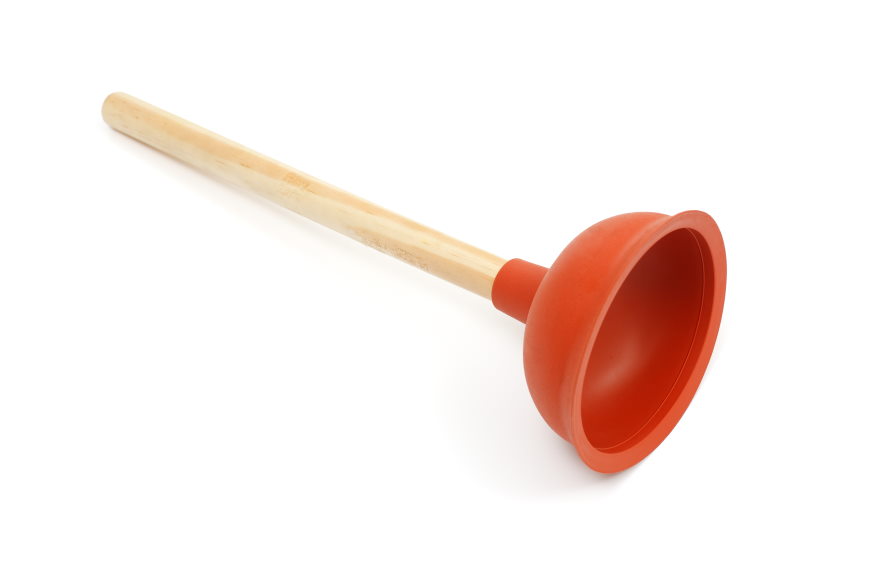











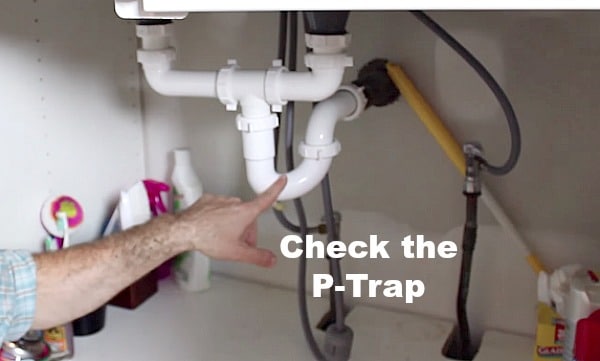












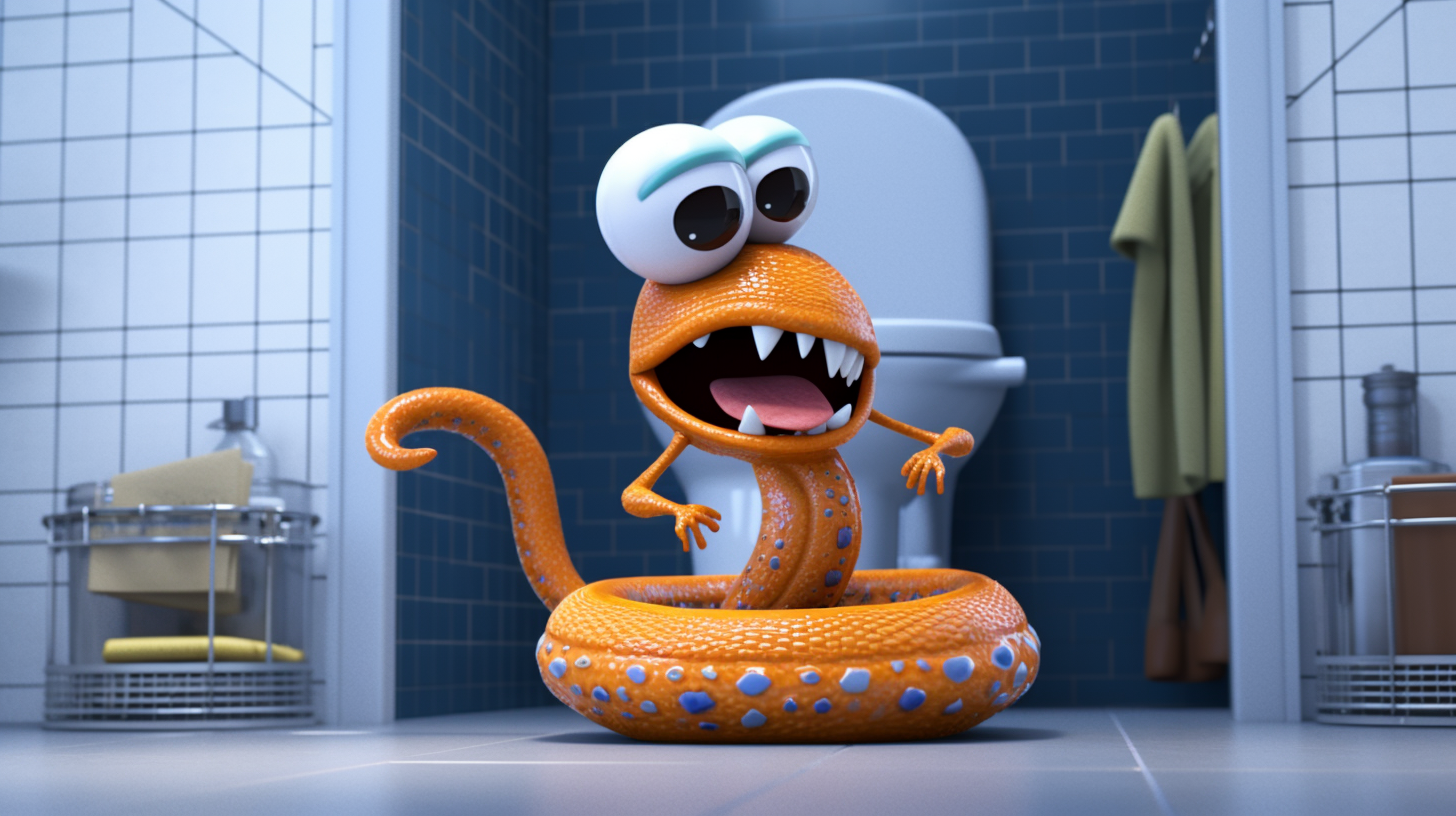


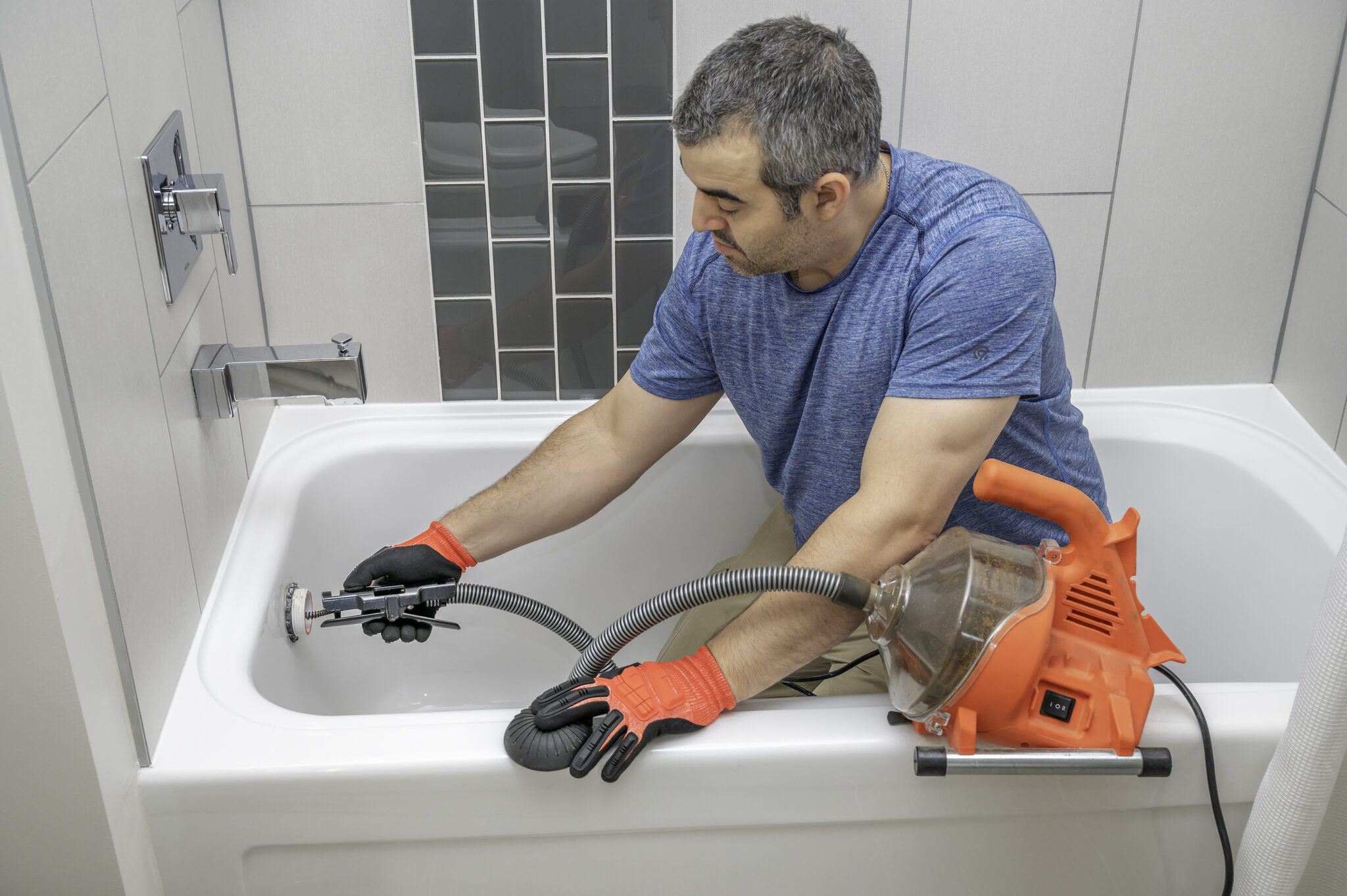










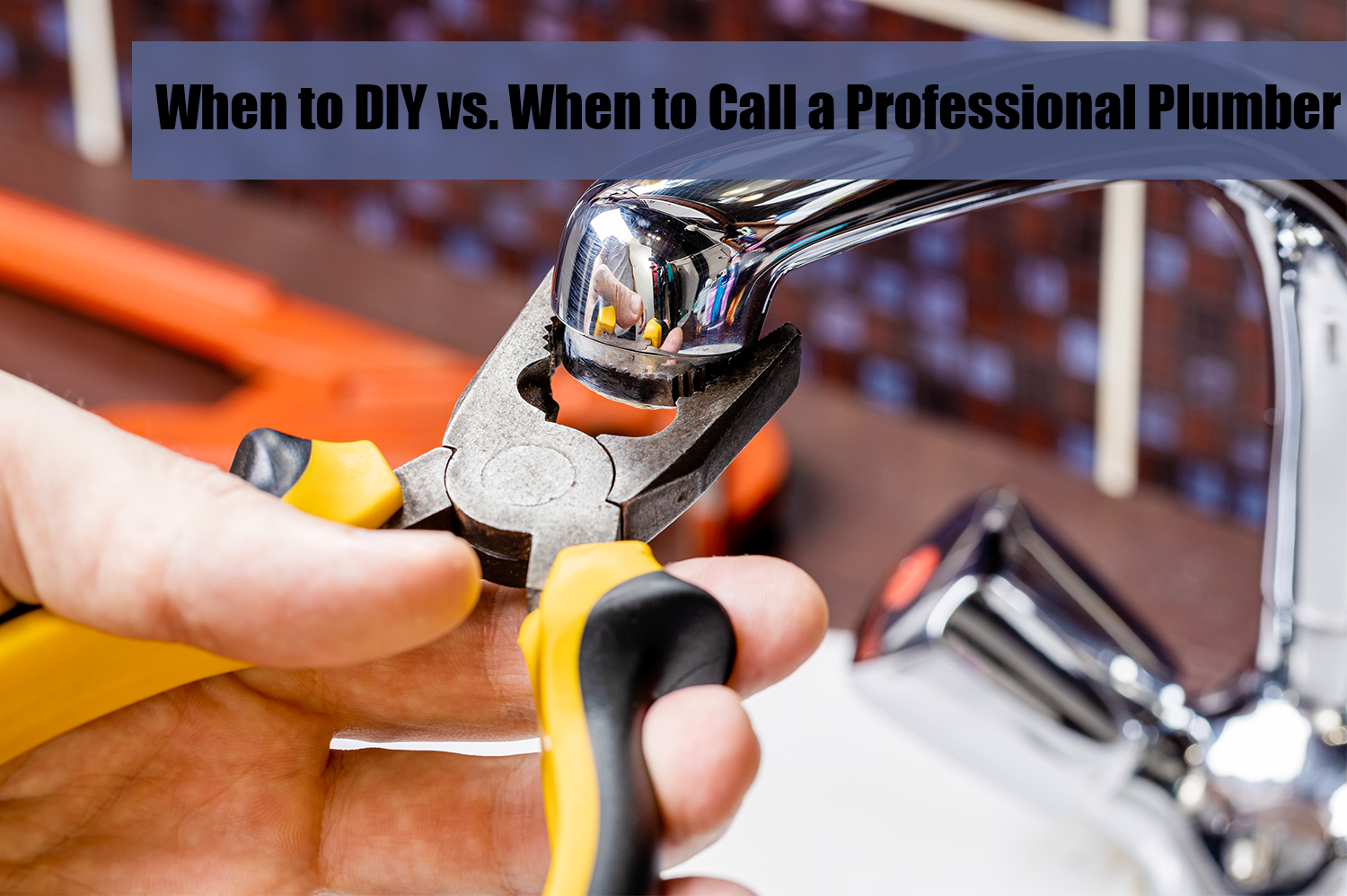



:max_bytes(150000):strip_icc()/Litchfield_BeresfordHill_025-5b89787fc9e77c00258aa53c.jpg)



